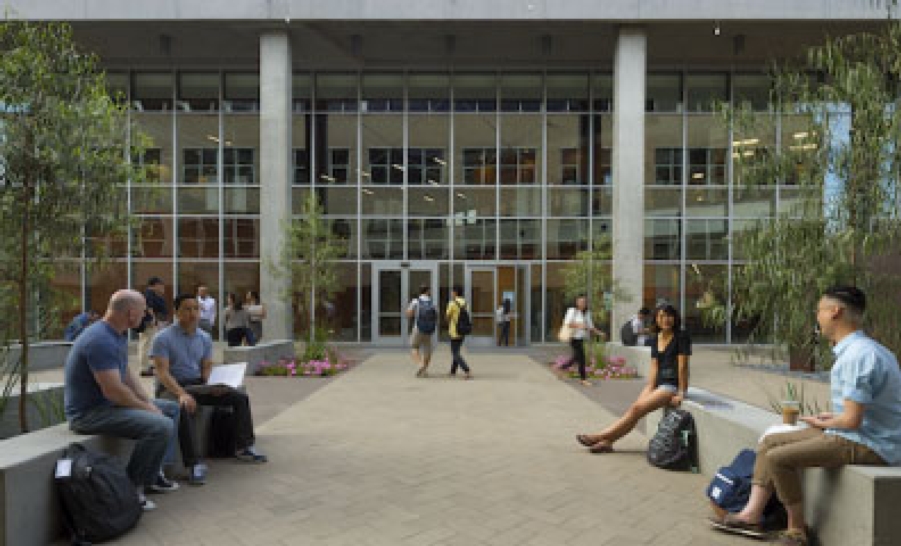FSU CAREs about First-generation Student Success
Through multiple programs and services, FSU's CARE department provides opportunities for first-generation college students to build a legacy of educational excellence and post-graduation success.
Ma & Shea, 2019 / Journal of Career Devleopment / February 2019

The current study explores contextual factors that contribute to the linkage between perceived barriers and career outcome expectations of first-generation college students (FGCS). The authors tested how FGCS’ sense of coherence, social support from family, peers, and a special person, as well as their sense of campus connectedness mediate or moderate the effect of perceived educational and career barriers on their vocational outcome expectations. Participants were 153 ethnically diverse FGCS attending public universities. Moderation analysis indicated that campus connectedness was a significant moderator—for FGCS who experience low or average level of campus connectedness, higher levels of barriers are associated with more negative career outcome expectations. Mediation analysis supported that the relationship between perceived barriers and career outcome expectations was mediated by sense of coherence. None of the other social support variables were statistically significant as a moderator. Implications for future research and program development are discussed.